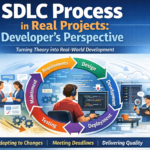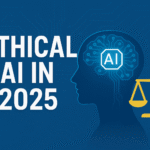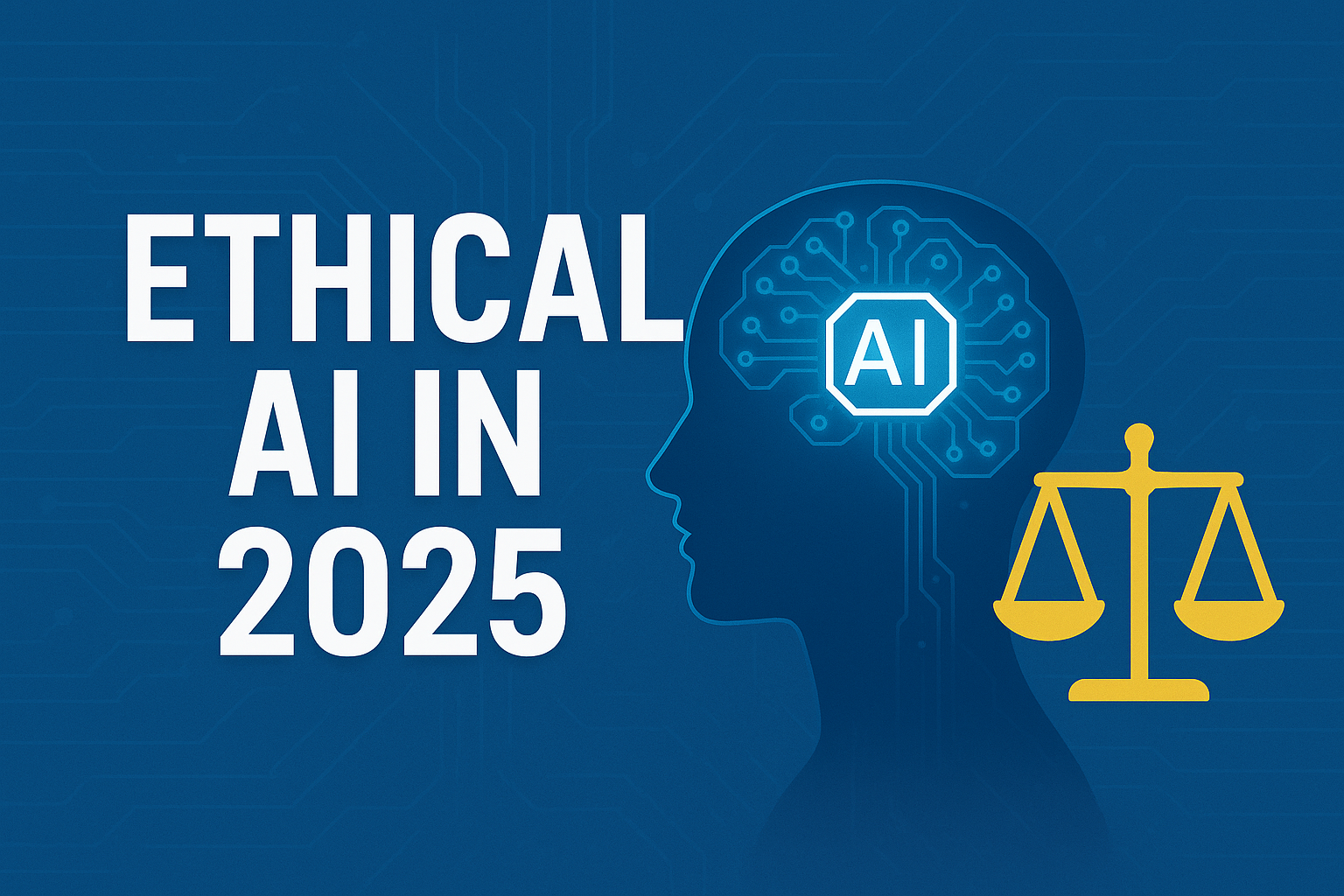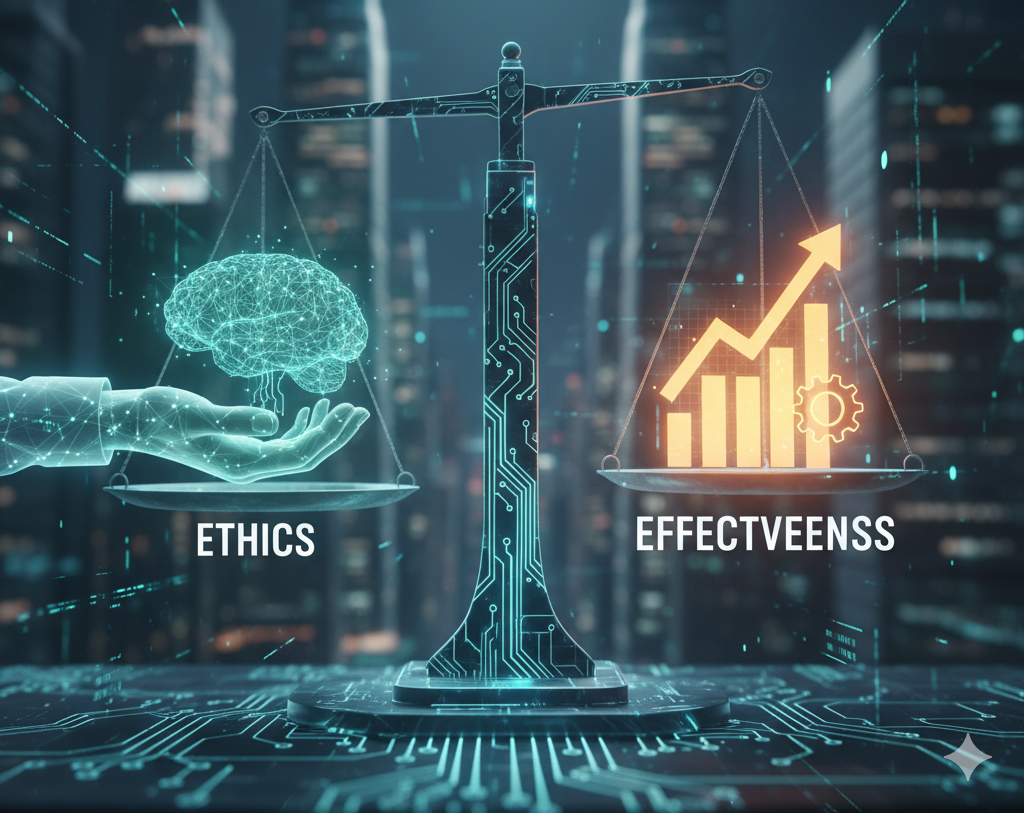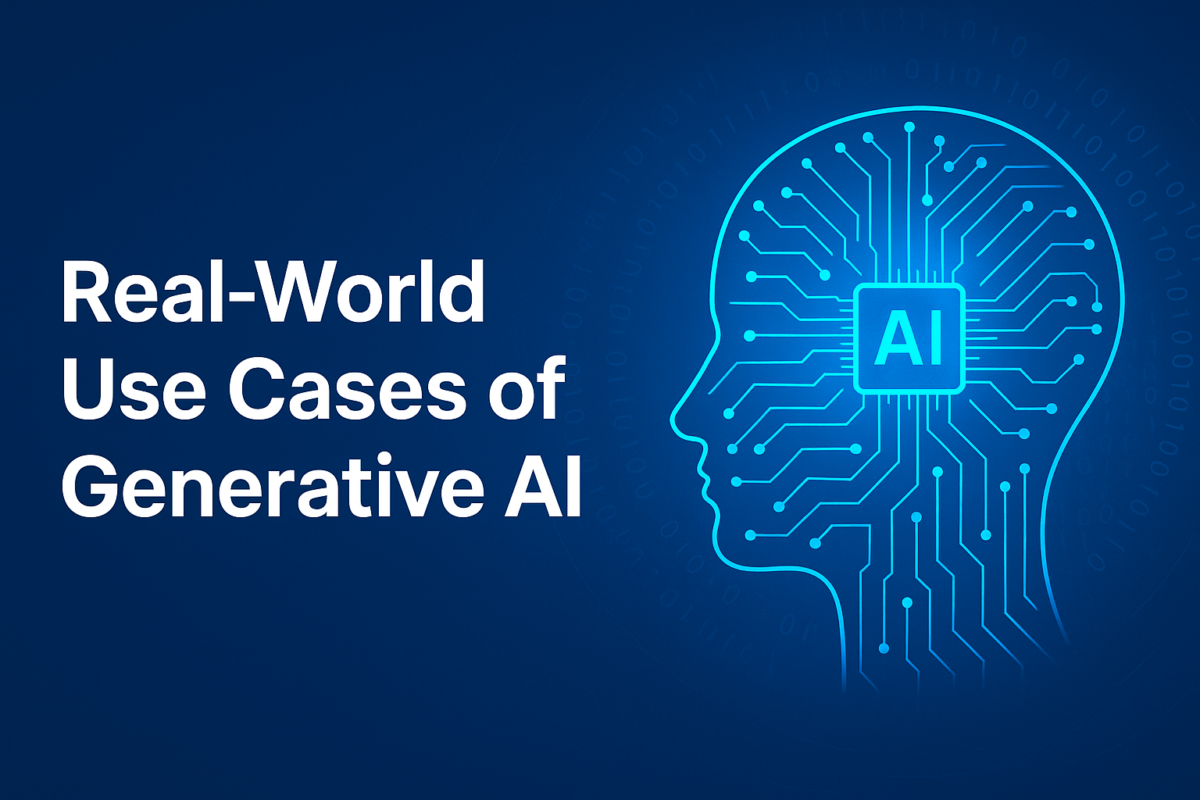
Real-World Use Cases of Generative AI
Generative AI (GenAI) has rapidly evolved from a niche research concept into one of the most transformative digital technologies of the decade. In 2025, businesses across the world are adopting Generative AI to automate workflows, improve customer experience, enhance creativity, strengthen decision-making, and accelerate innovation. With advanced models capable of handling text, images, audio, video, code, and real-time analysis, GenAI is redefining what modern enterprises can achieve.
1. AI-Powered Content Creation and Marketing Automation
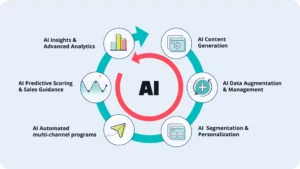
Marketing has become one of the biggest beneficiaries of Generative AI. In 2025, brands rely heavily on AI-powered tools to create blogs, ad copies, social media posts, infographics, videos, email campaigns, landing page content, and even full marketing strategies.
Key Benefits
- Rapid content creation
- Personalised message targeting
- Higher conversion rates
- Significant reduction in costs for marketing
Generative AI tools like ChatGPT, Jasper, Copy.ai, and Adobe Firefly help marketers create dynamic content tailored to user behavior, demographics, and purchase intent. This level of personalization was previously impossible at scale.
2. Generative AI in Software Development & Engineering
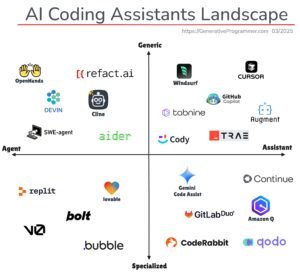
By 2025, software development has undergone a major revolution thanks to AI coding assistants and autonomous AI agents. Developers now use GenAI to:
- Generate Codes in many languages
- Bug fix and optimize the existing scripts
- Technical documentation creation
- Automate testing and deployment
- Suggest improvements to the architecture
This transformation has reduced development time by up to 60% in many organizations, enabling teams to build applications faster and with fewer errors.
Where it’s being used
- Enterprise-level systems
- SaaS platforms
- Mobile and web app development
- Cloud engineering
- DevOps automation
AI has become a “digital co-engineer,” improving productivity while allowing human experts to focus on complex problem-solving and innovation.
3. AI-Powered Customer Support & Virtual Assistants

Customer service has entered a new era with AI-powered virtual assistants capable of understanding context, emotions, and user behavior. Unlike traditional chatbots, GenAI-based support systems can:
- Expressed accurately, as by a human.
- Handle complex debugging.
- Access customer history for personalized solutions.
- Operate 24/7
- Reduce the load on support up to 70%
Industries adopting AI support:
- Banking
- E-commerce
- Healthcare
- Travel & Hospitality
- Telecom
With more autonomous AI agents, businesses show faster support and far higher satisfaction of their customers.
4. Generative AI for Healthcare Transformation

Some of the life-changing applications of Generative AI are happening in healthcare. AI is used by hospitals, clinics, and research laboratories: analyzing big sets of data and helping doctors make precise decisions on treatment.
Major Use Cases
- Automated radiology reporting
- Early diagnosis by means of image analysis
- Personalized treatment plans
- AI-powered drug development
- Predictive health risk assessments
AI decreases the rate of diagnostic errors, plus it speeds up the process of identifying life-critical diseases: cancer, heart issues, and neurologic disorders. GenAI helps pharmaceutical firms shorten drug discovery cycles from years to months and can save millions in research costs.
5. Product Design, Engineering & Manufacturing

Generative AI is radically accelerating innovation in product design and industrial engineering. Companies use AI for:
- Create 3D product concepts
- Performance and durability, simulate
- Suggest optimised materials
- Reduce production defects
- Predict equipment failure with AI-driven digital twins
This results in faster prototyping, reduced manufacturing costs, and improved product quality. From automobiles to consumer electronics, AI is reshaping how products are imagined and built.
6. AI in Financial Services & Risk Management
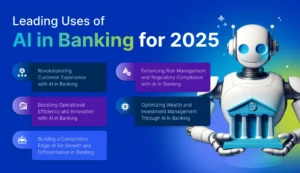
The financial industry leverages Generative AI to enhance security, automate workflows, and offer personalized banking experiences. AI models analyze transaction patterns, detect anomalies, and reduce fraud risks.
Top Applications
- Real-time fraud detection
- Automated financial reporting
- AI-powered investment insights
- Credit scoring optimization
- Personalized financial advisory
Banks and fintech companies use GenAI to boost operational efficiency while delivering seamless digital banking experiences.
Conclusion: The Future of Generative AI in Business
Generative AI is no longer optional—it has become a strategic necessity for business growth in 2025. From marketing and software development to healthcare, finance, and manufacturing, AI is reshaping every industry by unlocking new possibilities and accelerating digital transformation.
Companies that adopt GenAI early gain a competitive edge through:
-
Improved productivity
-
Reduced operational costs
-
Better customer experiences
-
Faster innovation cycles
As AI continues to evolve, its role in shaping the global business landscape will only become more significant.

